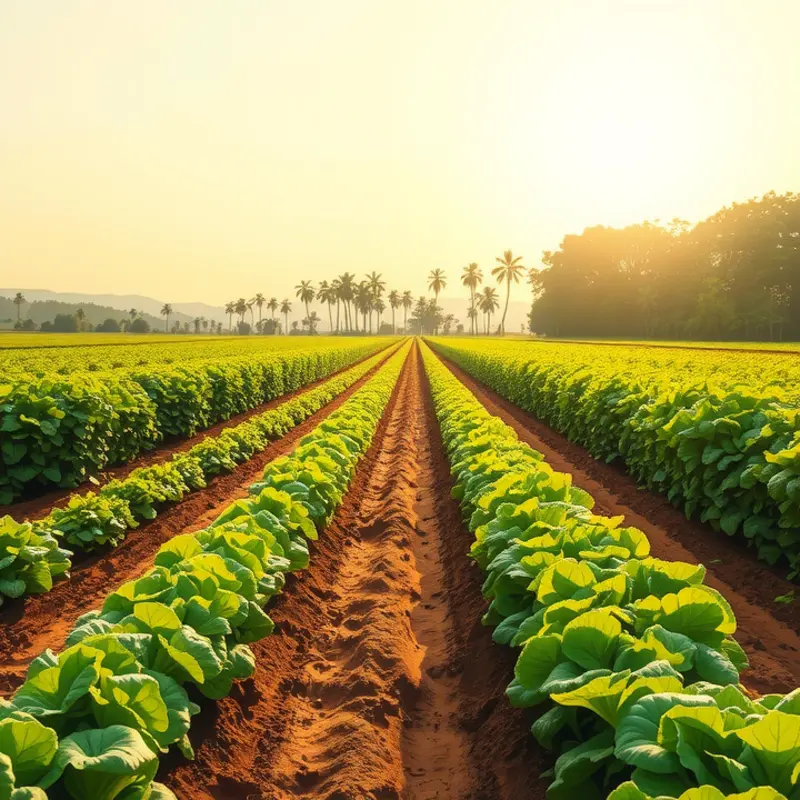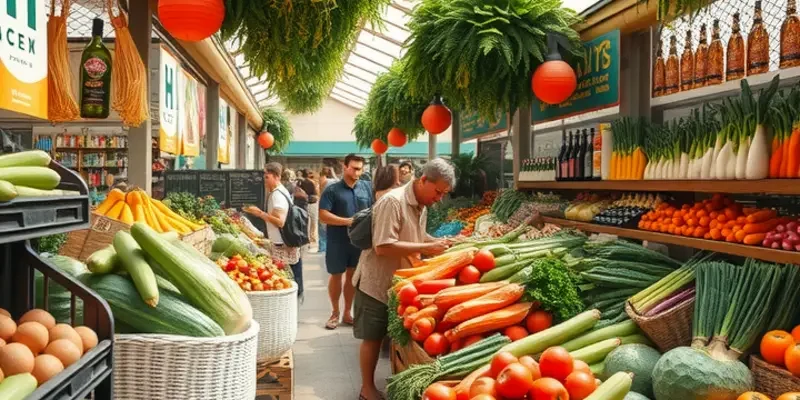Navigating the grocery store with an eco-friendly mindset can often feel overwhelming. With myriad options available, understanding how to make more sustainable choices is crucial for environmentally-conscious individuals. This ethical grocery shopping checklist aims to empower you with guidelines that prioritize sustainability, ethical sourcing, and minimal waste. By considering the impact of your food choices, you can contribute positively to the planet’s wellbeing while enjoying nutritious and delicious meals.
Understanding Labels: Deciphering Ethical Certifications

As you venture down the aisles of your local grocery store, the number of labels and certifications on products can be overwhelming. Understanding these labels is crucial for making informed, eco-friendly choices. Ethical certifications indicate whether products have been sourced sustainably and align with certain environmental and social ethics.
Fair Trade Certification focuses on improving the livelihoods of producers in developing countries. Products with this label ensure fair prices and ethical labor conditions. When you purchase fair trade certified items, you’re supporting ethical farming practices and community development projects.
Organic Certification is another familiar label. It guarantees that the product has been produced without synthetic fertilizers, pesticides, and genetically modified organisms. Organic farming practices often promote biodiversity, improve soil health, and reduce pollution. This label assures you that the food has been grown in a way that is gentle on the earth.
A less recognized but equally important certification is the Rainforest Alliance Certified seal. This certification supports biodiversity conservation and sustainable land management. Products bearing this label are often associated with reduced water usage and energy consumption, contributing to a healthier planet.
Items with the Non-GMO Project Verified label ensure that the ingredients have not been altered using genetic engineering techniques. While non-GMO certification focuses on the genetic makeup of crops, it is a critical aspect of some environmental and ethical considerations.
The Marine Stewardship Council (MSC) certification is particularly relevant for seafood lovers. This label indicates that the seafood is sourced from fisheries that maintain sustainable fishing methods, thereby protecting marine environments and ensuring seafood supply for future generations. For more on sustainable seafood choices, you might find this guide to speedy seafood prep useful.
Many dairy and meat products are marked with the Animal Welfare Approved label. This certification assures consumers that animals are raised on independent farms with the highest welfare standards. Choosing products with this label means supporting humane treatment of animals and often correlates with healthier, safer produce.
Understanding labels doesn’t stop at recognizing them; interpretation is key. Be cautious of labels that aren’t backed by rigorous standards, as they might be a result of marketing. Transparency in labeling processes is essential for ensuring that these certifications uphold their promises.
Making label literacy a part of your shopping routine can significantly impact the environment and support ethical practices across the globe. Each certification represents a network of commitments made by producers and consumers alike, working towards a sustainable and ethical future. By aligning your purchasing habits with these certifications, you contribute to a holistic change, fostering an eco-friendly world.
Final words
Embracing ethical grocery shopping is a powerful way to align your food choices with your values. By understanding labels, selecting local and seasonal produce, and advocating for sustainable practices, you contribute to a healthier planet. Remember that every small choice contributes to a larger impact. With the right mindset and resources, grocery shopping can become not only a necessary chore but a meaningful way to engage with the world around you. Together, through conscious choices, we can foster a brighter future for our environment and community.








